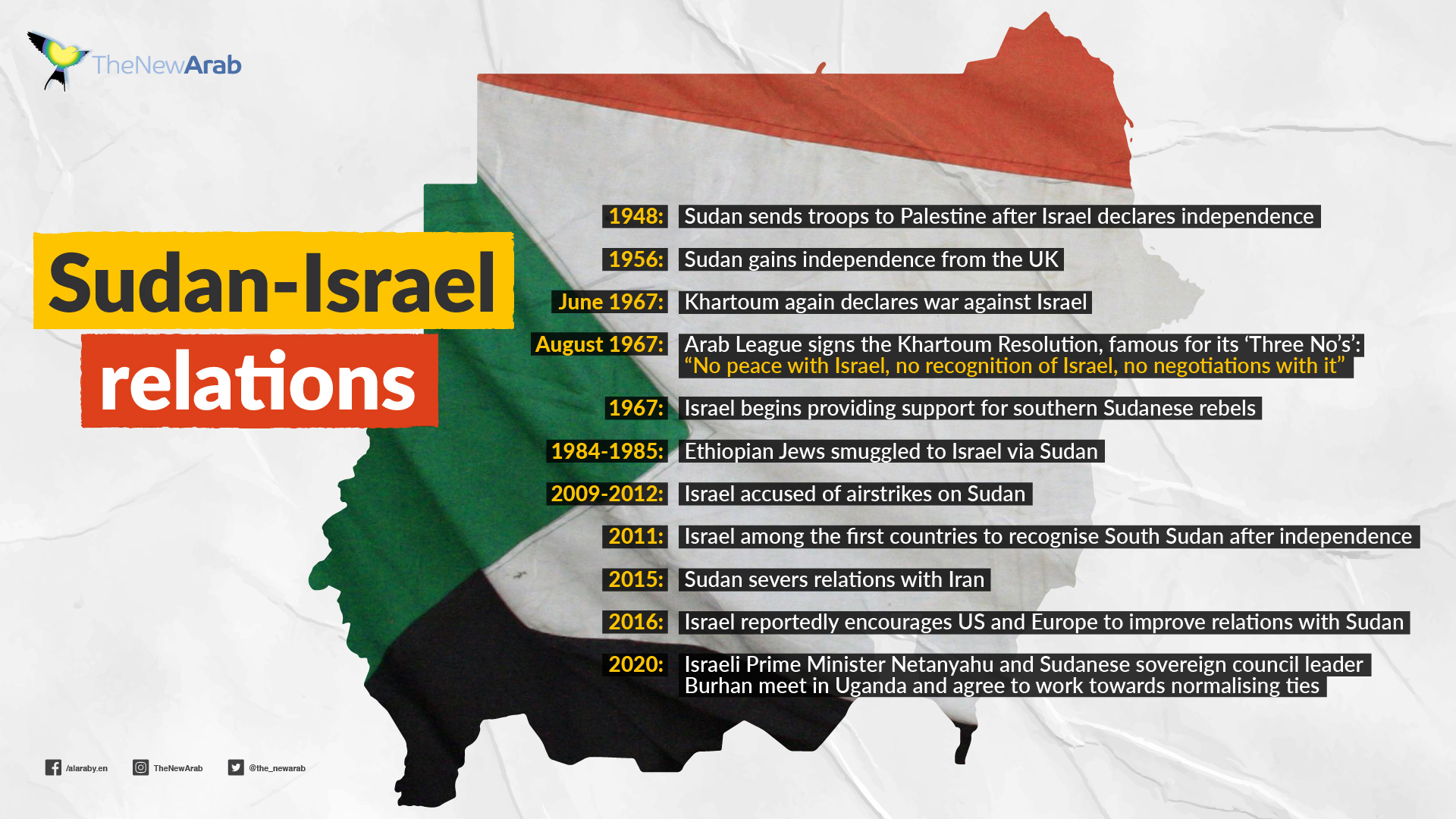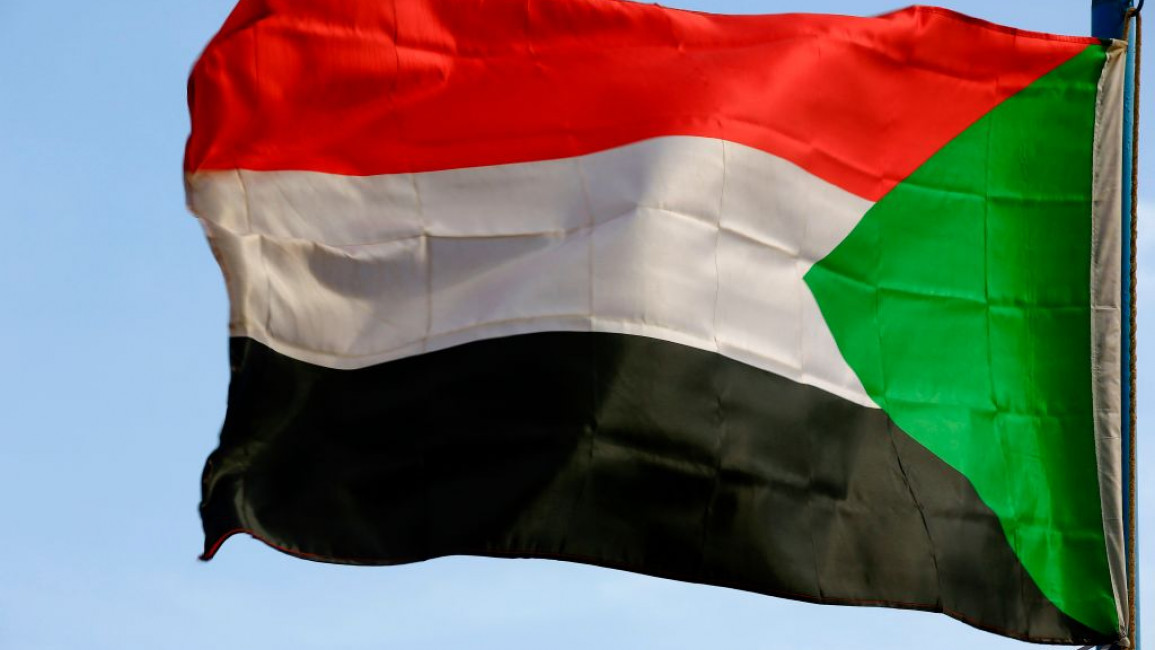Sudan, US normalise ties after 'positive developments' in Khartoum
Sudan and the United States have normalised ties, the US embassy in the country said.
Khartoum embassy Chargé d'Affaires Amber Baskett affirmed that this arose from what are perceived as positive results from Sudan's authorities.
These authorities are in place on a temporary basis as part of a process to guide the nation towards democracy after Sudan deposed its long-time dictator Omar al-Bashir two years ago.
For her part, Khartoum's foreign minister, Mariam Al-Sadiq, hailed the normalising of ties, saying the move was only right given the improvements seen in this timeframe.
Al-Sadiq noted that Washington will assist Khartoum in its move towards democracy and help it deal with any issues faced.
On Monday, she also received the US' Chargé d'Affaires.
Ties between the United States and Sudan have steadily improved over the past two years, particularly after Sudan agreed to normalisation with Israel - a move which remains deeply unpopular in Sudan.
Khartoum also said it would give $335 million for victims of previous anti-American attacks, a pledge it later followed through on.
In exchange for these moves, Washington stopped including Khartoum on its blacklist of nations who back terror last year under then-President Donald Trump.
 |
Since then, relations between the Jewish state and Sudan have also deepened.
In April, the country repealed its Israeli boycott law in a move widely criticised, including by domestic political parties.
However, despite this, Israeli media reported earlier this month that Khartoum is unhappy with developments after normalising ties, claiming the US failed to live up to its commitments.
High-level insiders asserted that money for Sudanese farming and tech initiatives had not been forthcoming.

![At least 87 were killed in an Israeli air strike on Beit Lahia in north Gaza [Getty]](/sites/default/files/styles/image_684x385/public/2178754081.jpeg?h=a5f2f23a&itok=rWbrlpHd)
![Trump promised that Lebanese people will be "happy" in the end, in comments made in a rally in Michigan [Getty]](/sites/default/files/styles/image_684x385/public/2112640005.jpeg?h=a5f2f23a&itok=P91hgdKY)


 Follow the Middle East's top stories in English at The New Arab on Google News
Follow the Middle East's top stories in English at The New Arab on Google News
![Blinken heads to Israel [Getty]](/sites/default/files/styles/image_330x185/public/2179125652.jpeg?h=a5f2f23a&itok=qddhTzNd)
![Ambulance near the struck Rafik Hariri government hospital [Getty]](/sites/default/files/styles/image_330x185/public/2179173250.jpeg?h=a5f2f23a&itok=aZ7tkRsO)
![Protest commemorating Sinwar and Haniyeh [Getty]](/sites/default/files/styles/image_330x185/public/2179413541.jpeg?h=a5f2f23a&itok=SSYDHhev)